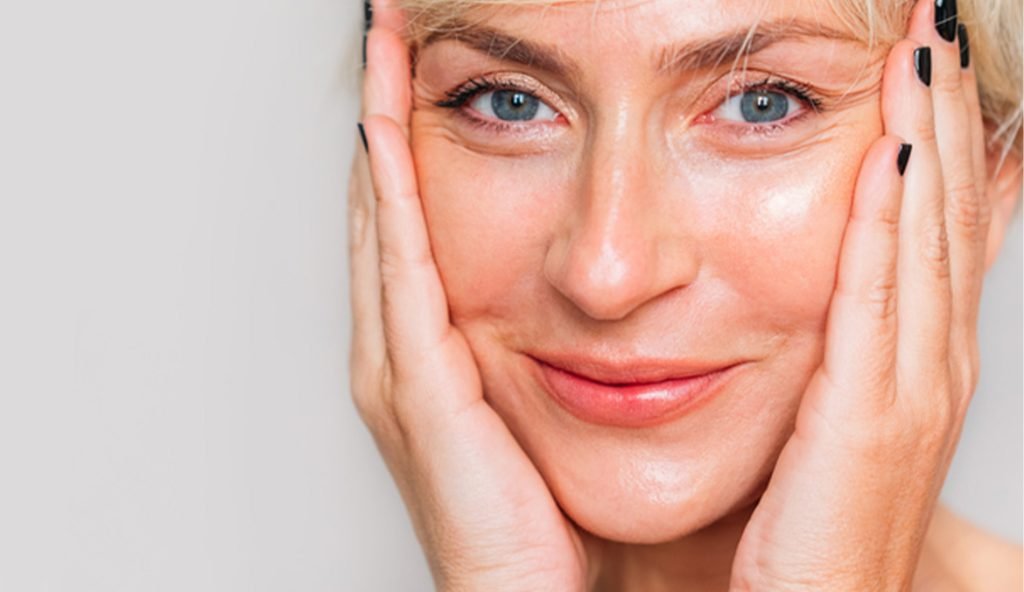While the beauty industry often tilts toward flashy excess, The Ordinary has successfully shaken things up with a “less is more” approach. There’s no glam packaging, laundry lists of ingredients, or eye-popping prices. Instead, the brand has won a devoted following and social media raves—not to mention coveted front-of-store placement at beauty retailers—with products containing only basic ingredients prominently listed on basic grey-and-white packaging, at prices typically less than the cost of a venti Frappuccino.
So, there was somewhat of a collective gasp among devotees when The Ordinary recently launched its Multi-Peptide Eye Serum to address multiple signs of eye-area aging at a $25 price point. After all, The Ordinary bills itself as a pioneer in honest pricing and creating “clinical formulations with integrity,” so what gives?
Turns out, the explanation is about as simple as the brand’s packaging: Targeting numerous anti-aging concerns in one bottle—reducing the appearance of crow’s feet, undereye wrinkles, eye bags, puffiness, and dark circles, while improving skin texture and brightness—requires a formula that goes above and beyond, and that can get expensive.
“The price point of this serum is reflective of the multiple technologies present in the product,” says Prudvi Kaka, chief scientific officer of The Ordinary. “Our audience has been requesting a multi-targeted serum for eye concerns for quite some time, and in order to impactfully target multiple concerns that are common around the eye area, we needed to develop a holistic formula that utilizes several ingredient complexes designed to work together synergistically.”
The serum’s hero is its multiple peptide technology, which smooths the appearance of the fine lines and wrinkles that appear thanks the fact our bodies make less of important structural skin components (like collagen and elastin) as we age. The peptides in this formulation were specifically chosen due to their similarities to the naturally occurring peptides found within our skin,” says Kaka. “These peptides are also versatile, meaning that they’re able to target various skin concerns at once.”
The serum also contains several supporting ingredients, including glucosides to improve the appearance of dark circles and puffiness, caffeine for brightness, and niacinamide and ash bark to target under-eye bags. It’s also well-tolerated by most skin types, says Kaka.
Is The Ordinary Multi-Peptide Eye Serum worth it?
All this sounds great in theory, but is the product great enough, in reality, to back up its $25 price point?
According to a trial conducted by the brand, testers who used the serum twice daily for eight weeks found marked improvements in the look of dark circles, eye bags, and crow’s feet. That all sounded good to me, so I started using the product twice a day, too.
The formula is water-based so a very little bit goes a long way. One pea-sized drop was more than enough to completely cover the areas around both my eyes. The serum is lightweight, and I liked the fact I could put immediately apply makeup on top of it without having to wait for it to settle into my skin.
I’ve been using the serum for two weeks now and have already noticed a reduction in crow’s feet along with a smoother look and feel to my eye contour area, and less morning puffiness. I haven’t noticed much of a difference in the dark circles under my eyes, but as an insomniac, any eye product I use has its work cut out for it in that department—plus testers found an improvement after eight weeks of use, so I’ll keep trying.
While I get the buzz around the higher price point, IMHO, it’s a bit of much ado about nothing. The coverage you get with one small drop means a bottle of serum will last a long time, and the company’s site is honest about recommending cheaper products if you have one or two, as opposed to multiple, eye-area concerns.
One tiny dot of serum working to address so many eye anti-aging issues? To me there’s nothing “ordinary” about that—even if it’s $25 a bottle.
Our editors independently select these products. Making a purchase through our links may earn Well+Good a commission.

